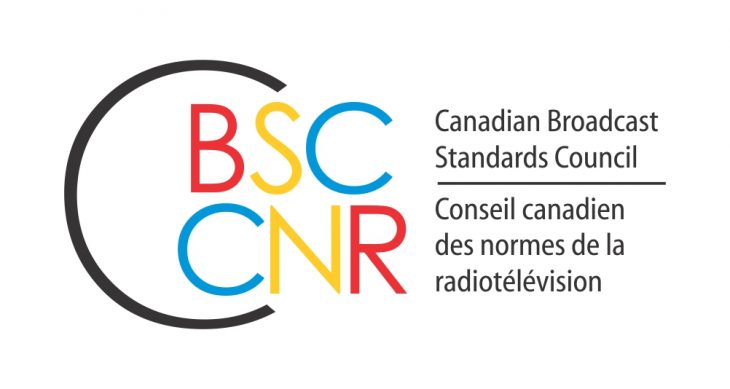
OTTAWA — In a decision released today, the Canadian Broadcast Standards Council (CBSC) says the French-language all news channel LCN breached the Radio Television Digital News Association of Canada’s Code of Journalistic Ethics during its live coverage of an alleged hostage situation in Montreal in November 2020 by divulging critical information during a potentially dangerous situation and failing to demonstrate sensitivity and restraint in its information-gathering activities.
On November 13, police in Montreal responded to a phone call alleging there was a hostage taking inside the office building of video game developer Ubisoft. For two hours, TVA Group’s LCN provided live coverage of the incident while the emergency response operation was in progress. The station aired images of the police tactical unit around the building, as well as of people gathered on the building’s rooftop terrace which were obtained by the station’s helicopter.
Reporters on the scene tried to gather information from bystanders and one reporter opened an ambulance door to question the people inside. LCN’s coverage identified the possible location of people hiding inside the building and the location of a nearby daycare centre.
Although the incident was later proven to be a hoax, at the time of LCN’s broadcast, the police were treating it as a real hostage situation, notes the CBSC in its press release.
“The CBSC received numerous complaints from viewers who felt that the revelation of employees’ whereabouts, including the images of the group on the roof, had endangered their lives. They also complained about the aggressive behaviour of the journalists when questioning witnesses on the street and the fact that one reporter had opened an ambulance door,” reads the press release.
The CBSC’s French-language panel examined the complaints under Article 5.2 of the RTDNA Code of Journalistic Ethics and unanimously concluded LCN’s reporting the precise location of individuals barricaded inside the building, even though it was unconfirmed, breached the code because “that type of information should not be divulged publicly during a dangerous police operation in progress,” says the release. The majority of the panel also found the code was breached because the reporter who opened the ambulance door did not demonstrate the sensitivity and restraint required by the code.
However, a majority of the panel adjudicators “considered that showing the employees confined on the rooftop was acceptable because they were visible to anyone in neighbouring high rises and it informed viewers that these individuals were at the moment safe. Similarly, the majority of the panel decided that the mention of the daycare’s location was appropriate since it informed people that the centre was secure and that parents should not come at that time,” says the press release.
LCN is now required to: announce the CBSC’s decision in audio and video format, once during prime time within three days following the release of this decision and once more within seven days following the release of this decision during the time period in which the coverage of this incident was broadcast, but not on the same day as the first mandated announcement; within the 14 days following the broadcasts of the announcements, to provide written confirmation of the airing of the statement to the complainants who filed the ruling requests; and at that time, to provide the CBSC with a copy of that written confirmation and with air check copies of the broadcasts of the two announcements which must be made by LCN.
To read the CBSC’s press release, please click here. The full text of the decision is available here.


